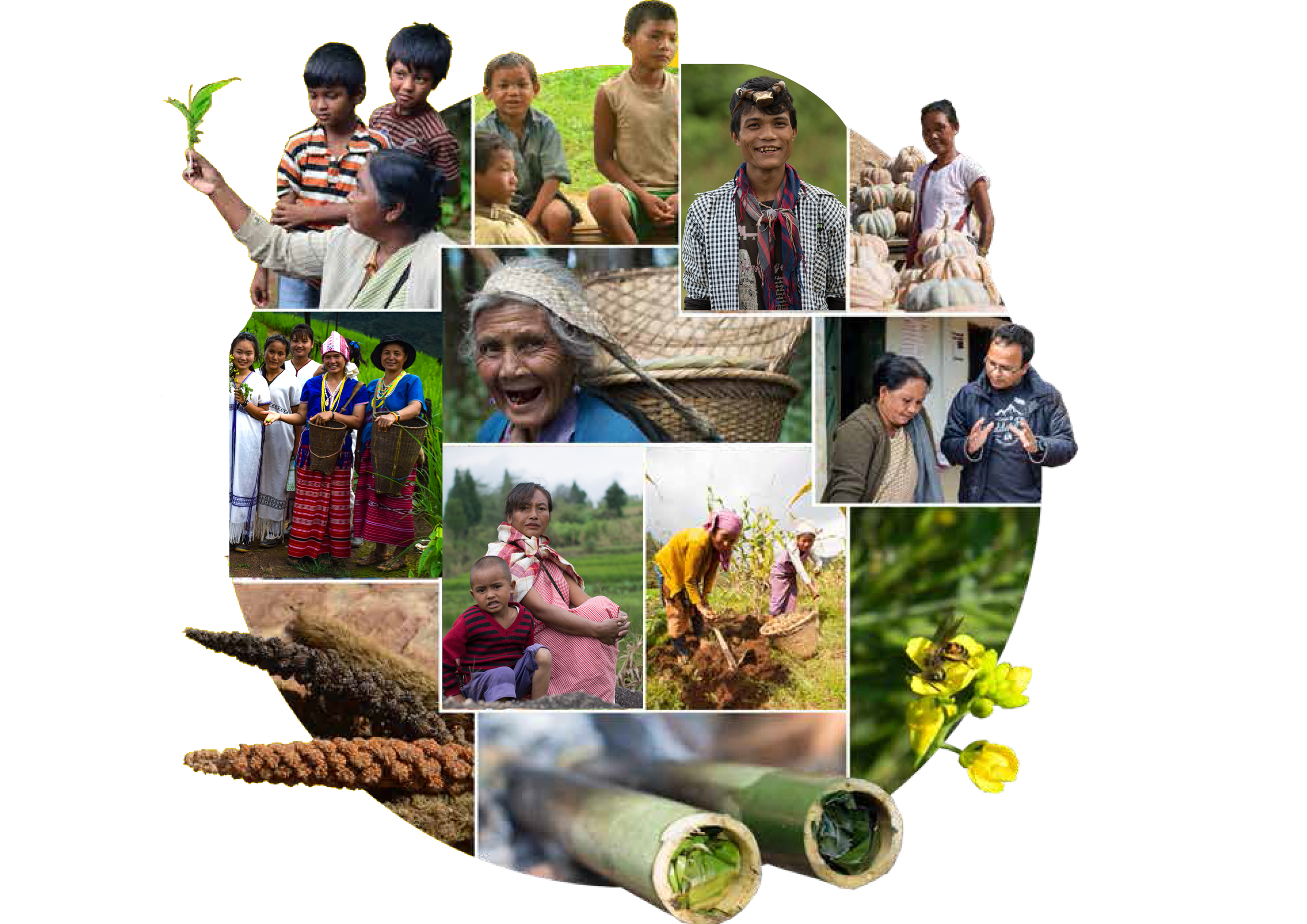STATEMENT OF NESFAS/THE INDIGENOUS PARTNERSHIP (TIP)
As we commemorate the International Day of the World’s Indigenous Peoples, let us not forget that supporting Indigenous Peoples is not only a social good; it is also a sound development policy. Defending the lands, languages and cultural practices of indigenous peoples and tackling the racism and injustices against them will lessen the outbreaks of future pandemics and manage climate change. Although there has been no homogenous pattern in the responses of Indigenous Peoples to COVID-19, Indigenous Peoples in many countries such as India (Meghalaya, Mizoram, Sikkim), Thailand (Northern Thailand), The Philippines (Cordillera Region) etc. have very few COVID cases and their coping strategies have displayed their resilience. Their close relationship to nature and their respect of the wisdom and advice of Elders and those in governance have helped them to smoothly follow traditional isolation practices and to turn to often neglected local livelihoods and local food production systems. There are of course indigenous communities in isolation such as those in the Amazon Basin for whom COVID-19 poses a huge threat to their lives and culture. The Pastoralists whose livelihoods depend on animals and who move from place to place seeking water and pasture are also seriously challenged and terrorised by the Pandemic and the travel bans. The world must not leave them behind. Their Right to Life, Traditional Livelihoods, Practices and Culture must be supported as universally enshrined in the UN Declaration on the Rights of Indigenous Peoples. Eighty percent of the world’s remaining biocultural diversity is in indigenous lands and territories. Let us all recognise this as a critical asset for building a more sustaining and pandemic-free world for all.
-Phrang Roy, Chairperson NESFAS, India
Coordinator, The Indigenous Partnership for Agrobiodiversity and Food Sovereignty (TIP), Rome, Italy
9 August, 2020
 Translate
Translate





